An exploration of Froebelian principles in the outdoor environment at Seven Stars Kindergarten, Aotearoa New Zealand
Te Whariki, the New Zealand Early Years Curriculum enables us to weave our own distinctive, culturally responsive, and contextually relevant curriculum, based on what we believe is important for the children in our setting; Seven Stars Kindergarten.
Since opening in May 2021, our first year has been challenging with prolonged lockdowns due to the Covid pandemic. We have been fortunate to belong to The Froebel Partnership, an international partnership with New Zealand and the UK. This has provided us with the opportunity to research and document the development of our Froebelian philosophy and practice in the outdoor environment in collaboration with our colleagues in the UK. Our partnership work has inspired and motivated us to explore the influence of Friedrich Froebel on our practice, at a time when inspiration and motivation have not been easy to find!
We are excited to present our research findings and share the strong connections we see to the work of Fredrich Froebel and to ecological sustainability. We want to share this research as a way to develop early years practice and create discussion and dialogue for the future.
Kaitiakitanga is a key value at Seven Stars Kindergarten. It is the responsibility of being a guardian for the world around us. It is a core value of Te Ao Māori (the Māori world), and one in which underpins our research. From a Māori perspective, kaitiakitanga is important in acknowledging our reliance on and respect for nature, as well as maintain a thriving, sustainable environment. This ensures that future generations continue to benefit from nature’s gifts and foster a sense of kaitiakitanga.
Furthermore, the concept of kaitiakitanga goes hand in hand with the work of Friedrich Froebel. As a Froebelian setting, we are committed to ensuring that children have access to enriching experiences with nature. Froebel emphasised the role of the garden in providing children with opportunities to play and explore independently, along with growing an understanding and appreciation of the connections between all living things (Tovey, 2017). It is important that the outdoor spaces provided to children offer them a range of different experiences, from opportunities to create and nurture their own garden, to exploring and discovering new areas.
Wally Penetito’s (2009) theories around place-based education (PBE) also look at connectedness and the wholeness of the education setting. Penetito’s theories stem from matauranga Māori, and believe that it is essential that children are aware of the whenua (land) that they are on, and the local histories of the land and people that have been the kaitiaki (guardians) of the land. PBE encourages children to develop a love for their environment, and a deep understanding of its history. Growing their curiosity of the land that they stand on and an inherent want to explore and discover.
The research we have undertaken in our setting looks at how children engage with nature in different contexts, and how we can foster an appreciation and sense of kaitiakitanga (in line with Froebel, Penetito and matuaranga Māori) for children in our setting. Providing children with a range of different outdoor environments and observing their interactions and play in nature within a PBE framework, to see how their own sense of kaitiakitanga develops and flourishes.
As children returned from lockdown, we were interested in how their relationship with outdoor spaces may have changed or adapted. Children weren’t as eager to explore the outdoor settings on their own, preferring to stick close to the adults in the environment.
As we reflect on our research and the implications for the future, we keep the following whakatauki (proverb) at the forefront of our work:
Manaaki whenua, manaaki tangata, haere whakamua.
Care for the land, care for the people, and go forward.
We plan to build on our research through further exploration of nature with excursions, community gardens and soil safety workshops. We know how important the land is in supporting us in all aspects of our lives, so ensuring its sustainability and kaitiakitanga for future generations has never been more important.
References
Penetito, W. (2009). Place Based Education: Catering for Curriculum, Culture and Community. New Zealand Annual Review of Education, 18, 5-29.
Tovey, H. (2017). Outdoor play and exploration [Pamphlet]. Froebel Trust.



